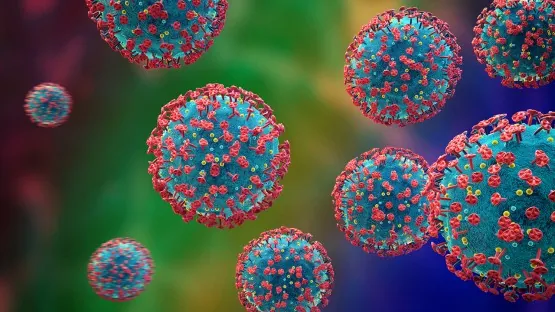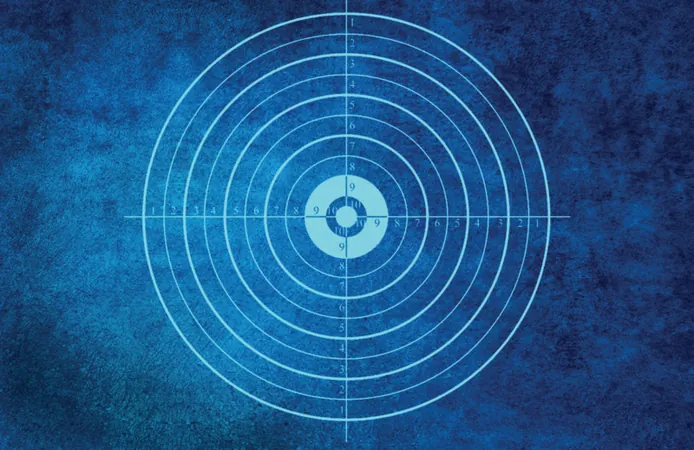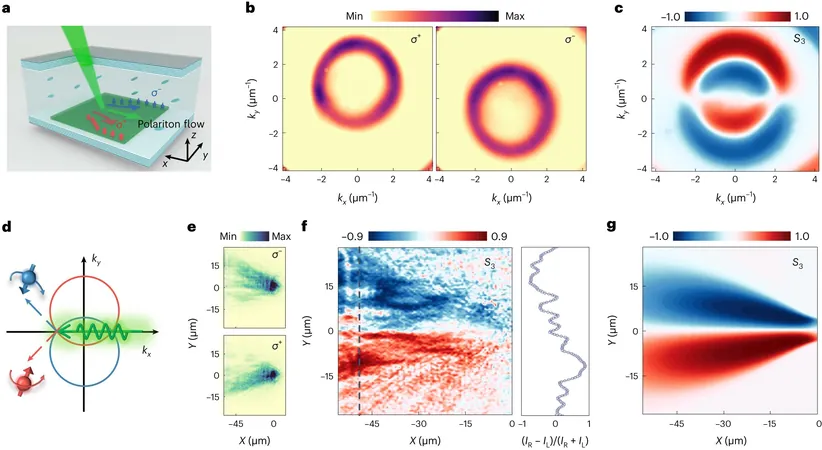
Breakthrough Hepatitis B Vaccine Offers New Hope for People Living with HIV
2024-12-13
Author: Arjun
Introduction
A groundbreaking international study has revealed that a newer hepatitis B vaccine, known as HepB-CpG (trade name Heplisav-B), is significantly more effective than its predecessor, HepB-alum (trade name Engerix-B), in generating a protective antibody response among people living with HIV who did not respond to previous vaccinations. The findings were published on December 1 in JAMA and mark a monumental step forward in the fight against hepatitis B, particularly for the vulnerable HIV population.
Study Overview
The study, led by Dr. Kristen Marks from Weill Cornell Medicine, showed that HepB-CpG induced protective antibody levels in an astonishing 99.4% of participants, compared to only 80.6% in those receiving the traditional aluminum-based HepB-alum vaccine. This is particularly significant considering that an estimated 5% to 10% of individuals living with HIV in the U.S. also experience hepatitis B infections, presenting unique challenges due to their compromised immune systems.
Hepatitis B Transmission and Impact
Hepatitis B is primarily transmitted through body fluids during childbirth, sexual contact, or needle sharing. Globally, the World Health Organization estimates that over 250 million people suffer from chronic hepatitis B, leading to more than one million deaths each year due to complications such as liver cirrhosis or cancer.
The BEe-HIVe Trial
The NIH-sponsored BEe-HIVe trial—a phase 3 study involving 561 participants across 40 sites in North and South America, Asia, and Africa—focused on those living with HIV who had previously been vaccinated but did not develop protective antibody levels. As part of the trial, participants were administered either three doses of HepB-CpG or HepB-alum. Remarkably, both HepB-CpG regimens yielded higher percentages of individuals reaching protective antibody levels, highlighting the superiority of the new vaccine.
Implications for Treatment Protocols
The results have significant implications for treatment protocols. Since its FDA approval in 2017, HepB-CpG has been shown to benefit not only those living with HIV but also individuals with diabetes and end-stage kidney disease—groups that have historically had poor responses to traditional hepatitis B vaccines.
Safety and Durability of Response
In addition to its effectiveness, the BEe-HIVe trial did not present any new safety concerns, providing further reassurance for healthcare providers considering this vaccine for their patients. Dr. Marks and her team are currently analyzing the durability of the antibody responses to determine how long the protection lasts.
Conclusion
As the medical community eagerly anticipates further findings, this innovation in hepatitis B vaccination provides renewed hope for HIV patients struggling to achieve immunity against a virus that significantly impacts their health. With the promise of better protection, healthcare providers may soon have a critical tool at their disposal, paving the way for improved health outcomes in a historically underserved population. Stay tuned for more updates on this exciting advancement!



 Brasil (PT)
Brasil (PT)
 Canada (EN)
Canada (EN)
 Chile (ES)
Chile (ES)
 España (ES)
España (ES)
 France (FR)
France (FR)
 Hong Kong (EN)
Hong Kong (EN)
 Italia (IT)
Italia (IT)
 日本 (JA)
日本 (JA)
 Magyarország (HU)
Magyarország (HU)
 Norge (NO)
Norge (NO)
 Polska (PL)
Polska (PL)
 Schweiz (DE)
Schweiz (DE)
 Singapore (EN)
Singapore (EN)
 Sverige (SV)
Sverige (SV)
 Suomi (FI)
Suomi (FI)
 Türkiye (TR)
Türkiye (TR)